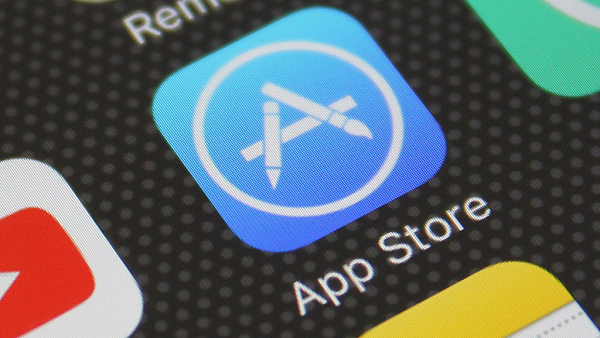The Supreme Court Deals Apple a Setback

Readers with a keen memory, or access to a Google search, will see that I addressed this case in a previous blog. Briefly, plaintiffs represent a class of consumers who purchased apps from the App Store. They allege that they paid inflated prices because Apple requires all third-party software to be sold and purchased only through their store. And, although Apple allows developers to set their own prices, Apple charges a 30% markup fee for the privilege. (Apple also requires that all prices end in $.99). The plaintiffs say that the software would be cheaper if it could be purchased directly from the software developers.
Apple sought to end that effort to launch an antitrust lawsuit, arguing that the consumers had no standing to sue the company (the Illinois Brick case is the key question here). But the Supreme Court ruled against Apple, upholding the verdict of the U.S. Court of Appeals for the 9th Circuit in San Francisco. Consumers can now proceed with an antitrust case, and sue Apple for operating a monopoly and charging unfair prices.
Siding with the liberal justices, Justice Brett Kavanaugh wrote the opinion in the 5-4 ruling. He opined, “Apple's theory would provide a road map for monopolistic retailers to structure transactions with manufacturers or suppliers so as to evade antitrust claims by consumers and thereby thwart effective antitrust enforcement.... The iPhone owners pay the alleged overcharge directly to Apple.” Justice Ruth Bader Ginsburg, who is the senior justice in the majority, presumably selected Kavanaugh to write the majority opinion.
The stakes are huge. If it ultimately loses the case, Apple could face hundreds of millions of dollars in penalties (triple damages can be imposed for antitrust violations), as well as reduced future revenue. In Apple's own words, the App Store is "...facilitating more than $100 billion in payments to developers worldwide.” In a larger context, the ruling is a win for antitrust advocates who increasingly view large Silicon Valley companies as a threat to competition.
Still, the Court did not rule on the merits of the case against Apple, but merely allowed the case to proceed in federal district court. Responding to the loss, Apple said the company is “...confident we will prevail when the facts are presented and that the App Store is not a monopoly by any metric.”
In addition to apps, the ruling could ultimately have consequences for music streaming. Spotify previously filed an antitrust complaint against Apple in the European Union, alleging that Apple's 30% markup is effectively a tax on Spotify. Spotify argues that the tax is unfair because it puts Spotify and other music streaming services at a disadvantage to Apple's own music streaming service, Apple Music. If Apple loses that battle, music streaming could become cheaper, or at least much more competitive.
Over a billion people around the world use Apple's internet services. Billions of others use platforms run by companies such as Amazon, Google and Facebook. Antitrust cases like these may have profound consequences. Stay tuned.
You can read the Court's opinion here.

























































